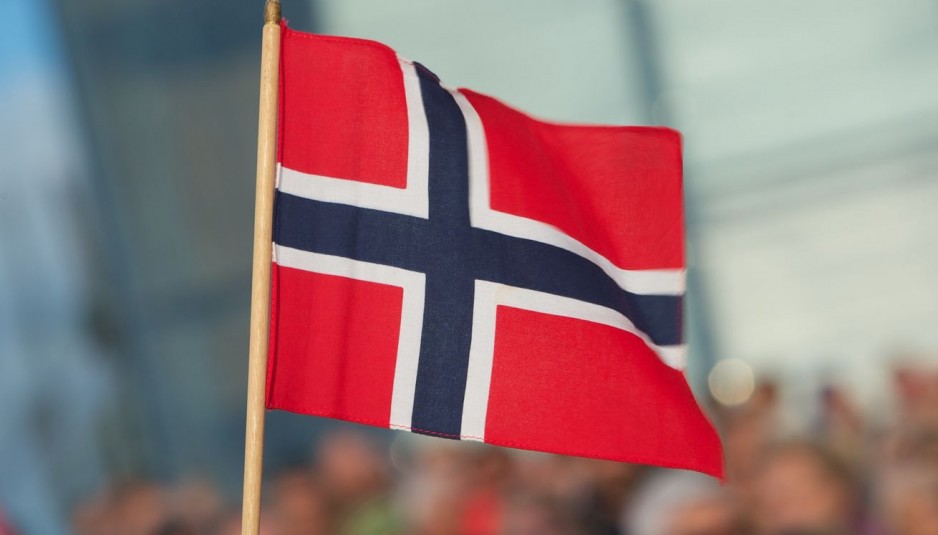Call it the Norway model.
A new economic measure introduced at the World Economic Forum suggests inequality is not a natural byproduct of globalization, but a choice countries make through investments and priorities.
The Inclusive Development Index shifts the evidence of a nation’s economic health from gross domestic product to living standards. GDP, a commonly used economic measure, is good (though increasingly less good) at tracking overall wealth creation but fails to capture how that wealth is distributed.
By that measure, Norway comes out on top of a list that tilts toward northern European social democracies. In the five years between 2008 and 2013 Norway grew its standard of living by more than 10 percent with market incentives and welfare policies, despite economic growth of less than one percent.
The inclusion index measures economic development and social well-being by combining per capita income and employment data with poverty rate and income distribution patterns, as well as intergenerational equity and sustainability such as net savings and carbon intensity.

Other measures also have attempted to provide a fuller sense of society’s well-being. The U.N.’s Human Development Index monitors life expectancy and education along with per capita income. The emphasis of the Social Progress Index, which also places Norway number one, is social and environmental well-being. And who can forget the World Happiness Index, which includes measures of generosity, freedom and corruption.
For developing countries, the UN’s annual economic situations and prospects report echoed the need to target social goals to drive economic growth. The report found developing countries need to align policy around education, infrastructure and environmental and “social R&D” to boost social development along with economic growth. Despite an improving outlook, current productivity and growth levels will leave 35 percent of the world’s poorest populations in poverty in 2030, the report said.
Among developed countries, Norway achieved a “high degree of social mobility, low unemployment, and high female labor force participation — with generous policies on parental leave and affordable child care that keep talented women and parents in the workforce,” says the WEF.
Norway’s Nordic neighbor Finland is now experimenting with a universal basic income — guaranteed monthly payments — as a possible solution to automation and the changing nature of work. But UBI is no silver bullet, says the WEF. Active labor policy, access to basic education, gender parity, superior work benefits and protections, and an effective school-to-work pipeline as national and measurable priorities are what will prepare workers to compete in the future.
Among business and political elites in Davos last week, discussions were long on the need for new “narratives,” but short on “new solutions or approaches to those who feel disenfranchised by globalization,” observed Mariam Elder in Buzzfeed.
If leaders of business and society at Davos and around the world want to make globalization work for everyone, they could shift their focus from growth to inclusion. They can start by measuring what matters.











